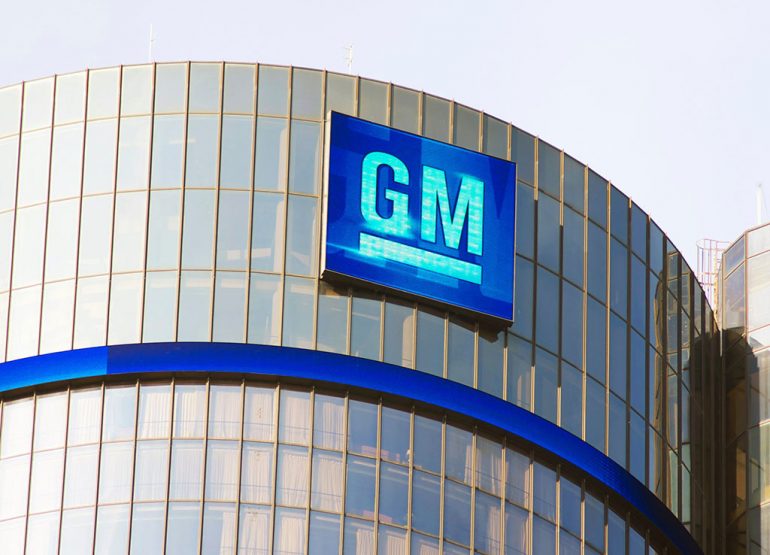
General Motors (GM) and the United Auto Workers (UAW) union have successfully reached a tentative agreement, marking the end of the first coordinated strike against Detroit’s Big Three automakers, and signaling significant wage and benefit increases. While specific details of the agreement with GM remain undisclosed, this development follows recent agreements between the UAW and Ford Motor and Stellantis, representing major breakthroughs for auto laborers who have faced stagnant wages and concessions following the 2008 financial crisis.
The strike, which began on September 15th, saw nearly 50,000 workers, out of nearly 150,000 UAW members at the Detroit Three, participate in a series of targeted walkouts. These strikes, part of the UAW’s strategic escalation, had a substantial financial impact on both the Detroit Three automakers and their suppliers, costing them billions of dollars over the course of more than 40 days.
The GM workers are expected to return to their jobs once the agreement is officially announced. Negotiations at GM encountered hurdles related to issues like pension plans and the transition of temporary workers to permanent positions.
This accomplishment is a significant victory for UAW President Shawn Fain and the union’s leadership. The agreements must now undergo ratification by rank-and-file UAW members, a process that commenced with meetings between Fain and leaders of local unions associated with Ford.
Notably, this negotiation was unique in that it involved all three automakers simultaneously, leveraging the threat of strikes at crucial facilities to incite a competitive bidding war among the companies and prevent further walkouts. Fain’s approach was focused on preserving strike funds, gradually expanding the strike when talks appeared to stagnate.
Fain has consistently pointed out that the Detroit Three automakers prioritized the enrichment of executives and investors over the welfare of their workers. The UAW’s success, according to Fain, would benefit blue-collar workers across the nation.
Following this news, GM’s stock rose by 0.9%, while Ford’s shares experienced a 0.7% decline, and Stellantis shares remained flat in Milan.
The strike began with actions at less critical plants but escalated to target the production of high-profit vehicles, including pickup trucks and SUVs, thereby intensifying the pressure on the automakers. Momentum toward reaching agreements picked up in the past two weeks, as UAW workers walked out at three of the most lucrative factories globally: GM’s Arlington, Texas, assembly plant, responsible for producing the Chevy Tahoe and Suburban; Ford’s Kentucky Truck heavy-duty pickup factory; and Stellantis’ Ram pickup plant in Sterling Heights, Michigan.
In total, the UAW’s strikes impacted nine plants, with the latest one being at GM’s Spring Hill, Tennessee manufacturing complex, which produces engines for a total of nine North American assembly plants, seven of which were not previously affected by the strikes.
The UAW has achieved significant improvements in pay and retirement benefits while rolling back concessions made in previous contracts over the past 15 years. The Detroit automakers have contended that the UAW’s demands would lead to substantial cost increases and potentially put them at a disadvantage when competing with electric vehicle leader Tesla and non-unionized foreign brands like Toyota.
Both GM and Ford have recently indicated that they would slow down their electric vehicle production expansion due to slowing demand for such vehicles.
Source: Reuters

Lloyd Tobias is a seasoned automotive journalist and passionate enthusiast with over 15 years of experience immersed in the world of cars. Whether it’s exploring the latest advancements in automotive technology or keeping a close pulse on breaking industry news, Lloyd brings a sharp perspective and a deep appreciation for all things automotive. His writing blends technical insight with real-world enthusiasm, making his contributions both informative and engaging for readers who share his love for the drive. When he’s not behind the keyboard or under the hood, Lloyd enjoys test driving the newest models and staying ahead of the curve in an ever-evolving automotive landscape.